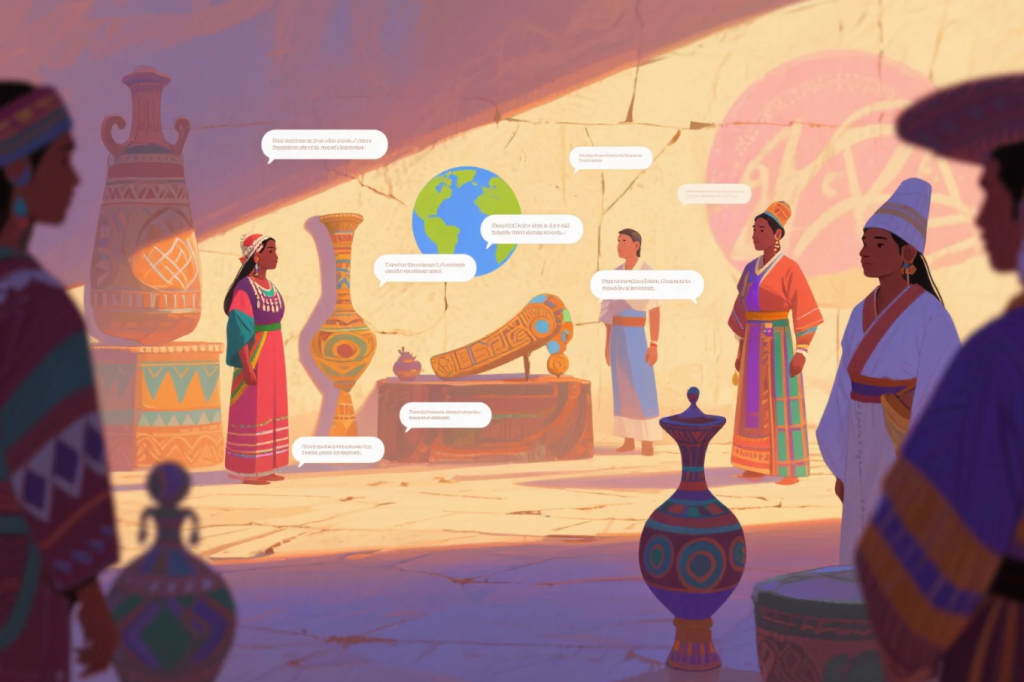The question “Are we in a simulation?” has captivated thinkers across disciplines—from physicists to philosophers, and now mainstream culture. Instead of focusing on technological feasibility or physics, this article approaches the simulation hypothesis from cultural and psychological perspectives, exploring how this idea affects human identity, societal values, and our collective imagination.
The Simulation Hypothesis as a Modern Myth
Throughout history, humans have created myths to explain the nature of reality. The simulation hypothesis can be seen as a 21st-century myth—a story we tell ourselves to grapple with the complexity and mystery of existence in an increasingly digital world.
Unlike ancient myths involving gods and spirits, this modern myth involves programmers, code, and virtual worlds, reflecting our contemporary relationship with technology. It embodies anxieties and hopes about control, freedom, and the meaning of life in an era dominated by screens and artificial intelligence.
Why Are We Drawn to the Idea of Simulation?
Psychologically, the simulation hypothesis appeals because it provides a framework for understanding the uncertainties and paradoxes of life.
- Control and Predictability: The idea of a programmed reality implies that the universe has rules and order, giving comfort to those overwhelmed by randomness.
- Existential Security: Believing in a “creator” or “programmer” echoes spiritual notions of purpose, addressing deep-seated fears about meaninglessness.
- Curiosity and Exploration: It fuels imagination and wonder, encouraging people to question their perceptions and explore hidden truths.
This attraction also taps into a fundamental human tendency toward pattern-seeking—our brains are wired to find order and intention, even in chaos.
The Impact of Simulation Thinking on Identity
If our world is a simulation, what does that mean for personal identity? It challenges traditional views of selfhood grounded in physical reality.
- Fluid Self: It suggests identity might be malleable or even programmable, much like avatars in a virtual game.
- Multiplicity: People may see themselves as existing on multiple layers—physical body, digital presence, and possibly simulated consciousness.
- Liberation or Alienation? For some, this can be liberating, encouraging reinvention and creativity. For others, it can provoke feelings of detachment or existential crisis.
This tension is visible in digital culture today, where online personas and real identities intertwine and sometimes clash.
Society Through the Lens of Simulation
On a societal level, embracing the simulation idea influences how communities relate to technology, governance, and reality itself.
- Governance: If reality is a system, questions arise about who controls it and how power is distributed—parallels to concerns over digital surveillance and data privacy.
- Technology Adoption: The simulation metaphor encourages embracing augmented reality, virtual reality, and AI as extensions of “our world,” blurring boundaries between virtual and physical.
- Collective Storytelling: The simulation hypothesis fuels media, art, and entertainment, inspiring stories that question reality and identity, reflecting contemporary cultural anxieties and hopes.

Mental Health and Simulation Beliefs
Belief in a simulated reality can affect mental health in complex ways.
- Positive Effects: It may reduce fear of death by framing existence as ongoing cycles or iterations, offering comfort.
- Negative Effects: Alternatively, it could exacerbate dissociation or nihilism, leading to a sense of unreality or apathy.
Mental health professionals increasingly recognize how digital immersion and simulation narratives influence psychological well-being, highlighting the need for balanced perspectives.
Simulation and the Future of Human Experience
As technology advances, the simulation hypothesis is no longer just speculation but a potential reality. We already participate in layered simulations daily through social media, virtual worlds, and digital economies.
- Blurring Boundaries: Future technologies might merge physical and virtual experiences seamlessly, making the question of “real” vs. “simulated” obsolete.
- Enhancement and Ethics: With possibilities like brain-computer interfaces, what ethical frameworks will govern simulated experiences and identities?
- New Forms of Community: Simulated spaces could foster new social bonds, creativity, and even forms of collective consciousness.
Can We Ever Prove or Disprove the Simulation?
From a cultural standpoint, proof may be less important than the narrative’s symbolic and emotional significance.
- The hypothesis functions as a metaphor for the human condition in a digital age.
- It encourages philosophical inquiry rather than empirical proof.
- The very act of questioning reality enhances critical thinking and self-awareness.

Embracing the Simulation Question as a Cultural Catalyst
Rather than a scientific problem to solve, the question “Are we in a simulation?” serves as a mirror reflecting our evolving relationship with technology, identity, and meaning.
It inspires art, philosophy, and psychological reflection, urging us to rethink who we are in an increasingly complex world.
Whether or not the universe is a simulation, the question itself is a powerful catalyst for cultural evolution and self-understanding.


